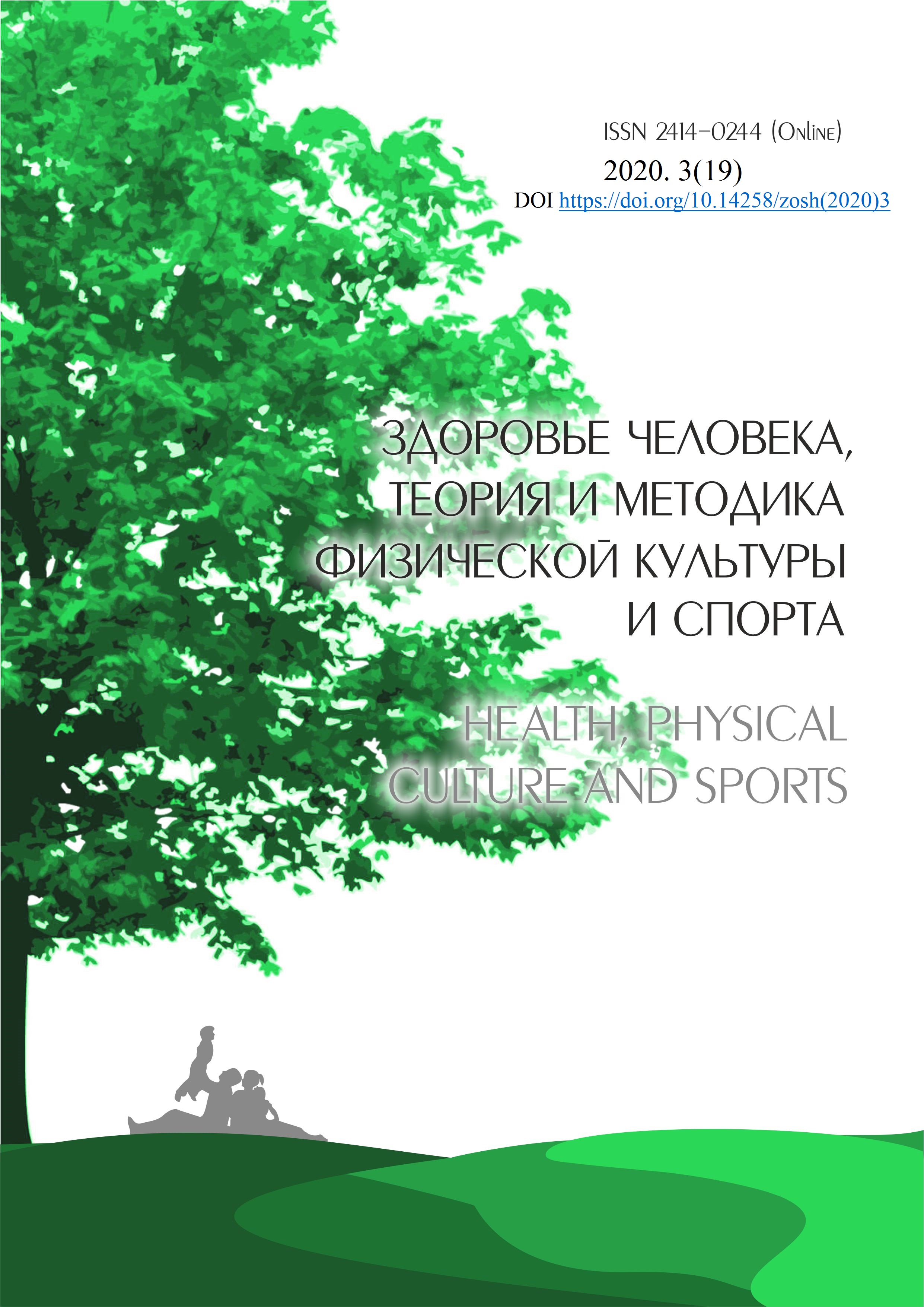Coronavirus: the second wave.
Abstract
The most common topic of the last year is the new coronavirus infection COVID-19. People experienced the first wave in panic and isolation. According to statistics, people with chronic diseases and weakened immunity (cancer patients, HIV-infected, suffering from viral hepatitis) get sick. But the danger of the virus is that healthy young people also get seriously ill. The virus does not have a selection algorithm, but there are mutations and adaptations to the conditions. In this article, we will ask doctors, employees of secondary and junior medical personnel about their readiness for the second outbreak of coronavirus infection.
Downloads
References
2. Министерство здравоохранения РФ // https://covid19.rosminzdrav.ru/
3. Официальный сайт Алтайского края // https://www.altairegion22.ru/territory/health/koronavirus-pravila-bezopasnosti/
4. Википедия // https://ru.wikipedia.org/wiki/%D0%9F%D0%B0%D0%BD%D0%B4%D0%B5%D0%BC%D0%B8%D1%8F_COVID-19
5. Роспотребнадзор // https://www.rospotrebnadzor.ru/about/info/news_time/news_details.php?ELEMENT_ID=13566
An author should not normally publish manuscripts describing essentially the same research in multiple journals or publication venues. Such redundant publication is generally considered to constitute unethical publishing behavior, and if discovered may result in a manuscript under consideration being rejected, or a published article being retracted.
Authors of manuscripts reporting on original research should present an accurate account of the work performed, accompanied by an objective discussion of its significance. Underlying data should be represented accurately in the manuscript. The manuscript should contain sufficient detail and references to permit others to replicate the work. The fabrication of results and the making of fraudulent or knowingly inaccurate statements constitute unethical behavior and may be cause for rejection or retraction of a manuscript or published article.





